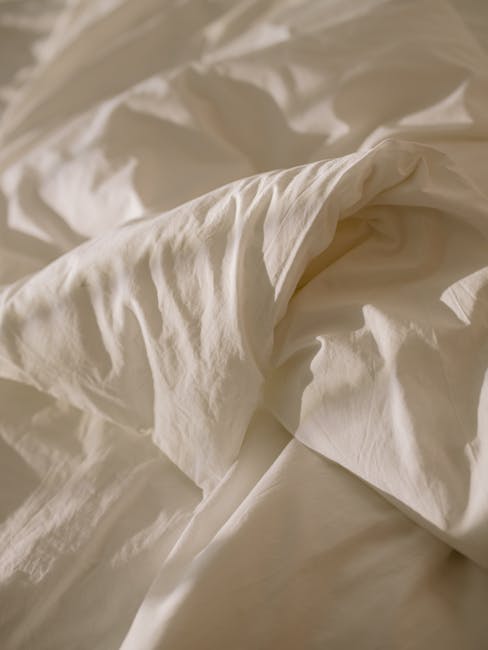Everyone wants to keep their home clean and tidy but even with the best efforts there are some areas in the home that are prone to germs and bacteria. For this reason, it’s important to take extra steps to ensure that your home stays free of harmful germs and bacteria. This can be especially difficult in homes where there are young children or elderly individuals; small children can become very ill from germs and bacteria. In addition to keeping the areas in your home free of germs and bacteria, it’s important to make sure that the items you use to clean your surfaces and floors are also safe for your family. Here are some expert tips on how to keep your home free of germs and bacteria.
7 Expert Tips on How to Clean Your Home Free of Germs and Bacteria
1. Use the Right Tools
What you use to keep your home clean and free from germs and bacteria is just as important as the areas you are cleaning. Thankful there are many products that are now available to keep your home free of germs and bacteria. It is important to use the right product to ensure that dangerous germs aren’t left behind. Disinfectant wipes and sprays may be used in tougher areas such as the bathroom and kitchen. Items such as a bathroom cleaner, all-purpose cleaner, and a mop with disposable head are good for everyday cleaning. Make sure you read the back of the can or the use by date on the package to ensure that you are using the product correctly and that its contents are still active.
2. Choose the Right Cleaning Products for the Job
Not all cleaning products are created equally. It is important to choose the right cleaning products that will disinfect your home. Look for products with activated antibacterial ingredients to kill 99.99% of germs on surfaces. It’s also a wise idea to use cleaning products that are not only effective in killing germs and bacteria, but also safe for all areas of the home, such as the kitchen and bathroom.
3. Replace the Sink Sponge
Many of us use a sink sponge for washing the table and the counters but it can hold around 100 to 400 million germs. A good way to keep your sink sponges clean and free of bacteria is to regularly replace them or even give them a good soak every once in a while. It is recommended that you replace the sink sponge every two weeks to ensure that the germs inside of it do not spread.
4. Dispose of Your Trash Regularly
If you let your trash build up, the germs can spread from the trash pile to your kitchen and make its way to other parts of your home. As a good rule of thumb, it is recommended that you dispose of the trash every day or every other day in order to help keep your home free of germs and bacteria. Once the trash is gone, wipe the trashcan down with disinfectant wipes.
5. Clean the Bathroom Regularly
It’s important to clean the bathroom thoroughly on a regular basis. Use a bathroom cleaner to wipe down the countertops, toilets, and floors. Try to perform a deep clean at least once a week to help prevent dangerous bacteria from spreading. In addition to the surfaces of the bathroom, it is also recommended that you clean the shower curtain. The shower curtain can also be a breeding ground for germs and bacteria. Many shower curtain liners can be put into the washing machine with bleach to remove any harmful bacteria and germs.
6. Clean and Disinfect Your Child’s Toys
It’s important to clean and disinfect your child’s toys so that the germs and bacteria don’t spread from toy to toy. By cleaning and disinfecting your child’s toys, you can help prevent sickness in your home. Most toys can be washed with warm soapy water, followed by a disinfecting wipe.
7. Clean and Disinfect Eating Areas
Cleaning and disinfecting the eating area in your home is important to prevent germs and other harmful bacteria from spreading. Use a surface wipe to clean countertops and tables. Finally, take a disinfectant spray and wipe down chairs and the floor area, paying particular attention to any food that may have fallen off plates.
Conclusion
Keeping your home free of germs and bacteria is important for the health of you and your family. Lingerings germs and bacteria can increase the risk of sickness and even lead to health complications. Use cleaning products with activated antibacterial ingredients to clean and disinfect your surfaces. Replace or clean common areas where germs can hide such as sink sponges, bathroom counters, toys, and eating areas. Giving your home a deep clean once a week can help remove lingering germs and bacteria. By following these expert tips, you can help keep your home free of germs and bacteria.


